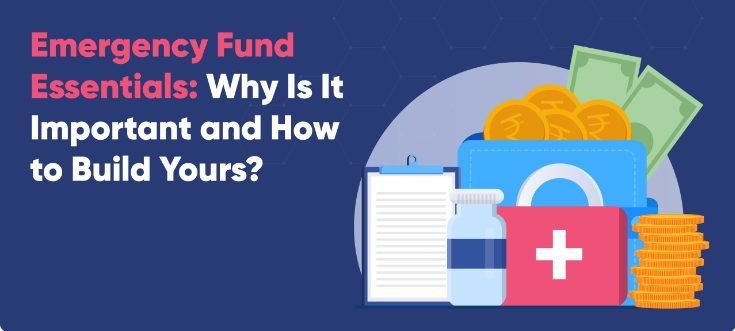Emergency Funds for Business Owners: Why They’re Essential
Running a business is exciting, rewarding, and full of opportunities. But it also comes with uncertainty. From unexpected expenses to sudden drops in revenue, financial surprises are part of the entrepreneurial journey. That’s why having an emergency fund isn’t just good advice it’s a lifeline for business owners.
Much like a personal emergency fund protects your household, a business emergency fund ensures your company can survive financial turbulence and come out stronger.
What Is a Business Emergency Fund?
A business emergency fund is a pool of cash reserves set aside to cover unexpected costs or keep operations running during tough times. Think of it as a financial safety net that allows you to breathe easier when challenges arise.
This fund is separate from your regular operating budget and should only be used for true emergencies.
Why Business Owners Need an Emergency Fund
-
Unexpected Expenses Happen
Equipment can break, major clients can delay payments, or sudden repairs may be needed. Having a fund keeps you from scrambling or taking on expensive debt. -
Economic Downturns
Recessions, inflation, or sudden changes in the market can slow sales. A strong emergency fund helps your business weather downturns without cutting staff or closing doors. -
Cash Flow Gaps
Inconsistent income is common for entrepreneurs. An emergency fund bridges the gap between when bills are due and when revenue comes in. -
Protecting Your Credit
Without reserves, you may rely on high-interest credit cards or loans. This can hurt your business credit score and add unnecessary financial strain. -
Peace of Mind
Perhaps the most valuable benefit: knowing you have a safety net reduces stress, allowing you to focus on growth instead of survival.
How Much Should You Save?
There’s no one-size-fits-all answer, but a good rule of thumb is:
-
Small businesses & startups: Aim for 3–6 months of operating expenses.
-
Established businesses: Ideally build 6–12 months of reserves, especially if your industry is seasonal or high-risk.
Review your monthly expenses—rent, payroll, utilities, inventory, marketing—and use that to set your savings target.
How to Build an Emergency Fund: Emergency Funds for Business Owners
-
Start Small but Be Consistent
Even setting aside 5–10% of profits can grow into a healthy reserve over time. -
Separate the Account
Keep your emergency fund in a dedicated savings or money market account accessible but not too easy to dip into for non-emergencies. -
Cut Non-Essential Spending
Redirect money from unnecessary subscriptions, unused tools, or inefficient processes into your fund. -
Automate Savings
Treat your emergency fund like a fixed business expense schedule regular transfers into it. -
Replenish After Use
If you dip into your fund, make rebuilding it a top priority.
When to Use an Emergency Fund: Emergency Funds for Business Owners
Only use these reserves for true financial emergencies, such as:
-
Covering payroll during a revenue dip
-
Paying urgent repair costs
-
Bridging cash flow delays from clients
-
Surviving unexpected disruptions (like pandemics, natural disasters, or supply chain issues)
Avoid using it for new investments, marketing experiments, or non-essential upgrades that’s what your regular budget is for.
Final Thoughts on Emergency Funds for Business Owners: Why They’re Essential
An emergency fund is not just a financial cushion it’s a strategy for resilience. Businesses that plan ahead are far more likely to survive challenges and thrive long-term.
As an entrepreneur, you can’t control the economy, your clients’ behavior, or every curveball life throws at you but you can control how prepared you are. And an emergency fund is the smartest preparation you can make.


